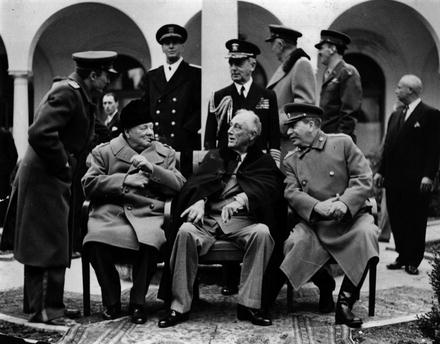- Joined
- Jan 21, 2009
- Messages
- 65,981
- Reaction score
- 23,408
- Gender
- Male
- Political Leaning
- Undisclosed
Setting aside slavery issues, what do you say is the greatest mistake the US government ever made on 1.) Domestic, 2.) Foreign policy and 3.) War?
My choices:
Domestic: Not outlawing the Democratic party as a seditious, racist and terrorist organization at the end of the Civil War.
Second choice: LBJ's "Great Society" tied with FDR's economic policies.
Foreign policy: Not forming a military and economic alliance with the Russia after the breakup with the USSR.
Second Choice: Military alliance with Germany and Japan after WW2
War: The manner and motive of the Indian wars
Second choice: Getting into WW1.
My choices:
Domestic: Not outlawing the Democratic party as a seditious, racist and terrorist organization at the end of the Civil War.
Second choice: LBJ's "Great Society" tied with FDR's economic policies.
Foreign policy: Not forming a military and economic alliance with the Russia after the breakup with the USSR.
Second Choice: Military alliance with Germany and Japan after WW2
War: The manner and motive of the Indian wars
Second choice: Getting into WW1.

